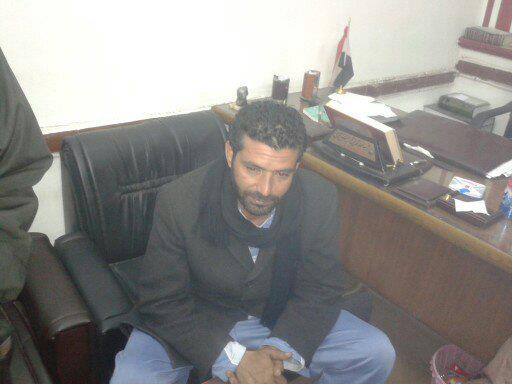OTTAWA: Canada must share security information with “non-traditional allies – some of whom do not always treat people appropriately – in order to fight terrorism, the government said in a submission to a federal investigation on torture.
“The fact that a particular country may have a poor human rights record is not sufficient, without other compelling circumstances, to preclude the sharing of information, the government brief said.
The Canadian government filed the brief in advance of hearings next week on the cases of three Canadian Muslims of Arab descent who claim Canadian officials set the stage for their torture overseas.
Abdullah Almalki, Ahmad El Maati and Muayyed Nureddin say they were tortured in Syria – and in the case of El Maati, in Egypt as well – as a result of flawed information from the Royal Canadian Mounted Police and CSIS, Canada’s spy agency.
In a joint response, Almalki, El Maati and Nureddin called the government brief “deeply troubling in that they “appear to imply that Canada must for law enforcement reasons, albeit reluctantly, turn a blind eye to the human rights abuses inflicted on its citizens detained abroad.
Advocates for the three men want to know whether the Canadian government orchestrated their overseas interrogations in co-operation with foreign allies.
El Maati, a Toronto truck driver, was arrested in Syria on a visit in 2001, then sent to Egypt in early 2002. He was imprisoned there for almost two years.
Almalki, an Ottawa electronics engineer, was detained in Syria in 2002 and held for 22 months.
Nureddin, a Toronto geologist, was held for 34 days in Syria in late 2003 and early 2004.
All three men are back in Canada and have not been charged with any crime.
Their allegations recall the better-known case of Maher Arar, the Syrian-born Canadian who was sent to Syria in 2002 by US authorities after they detained him in New York on his way home to Canada from Tunisia. US officials were given false information from the RCMP about Arar, claiming he had ties to Islamic extremists. Once Arar was in the Damascus prison, Canadian police retracted the intelligence report.Arar claimed he was tortured while in Syria. The Syrians did not charge him with any crimes.
After his release in 2003, Arar detailed allegations about torture that Canadian authorities deemed credible. A Canadian government commission exonerated Arar of any terrorist ties in 2006. -AP

